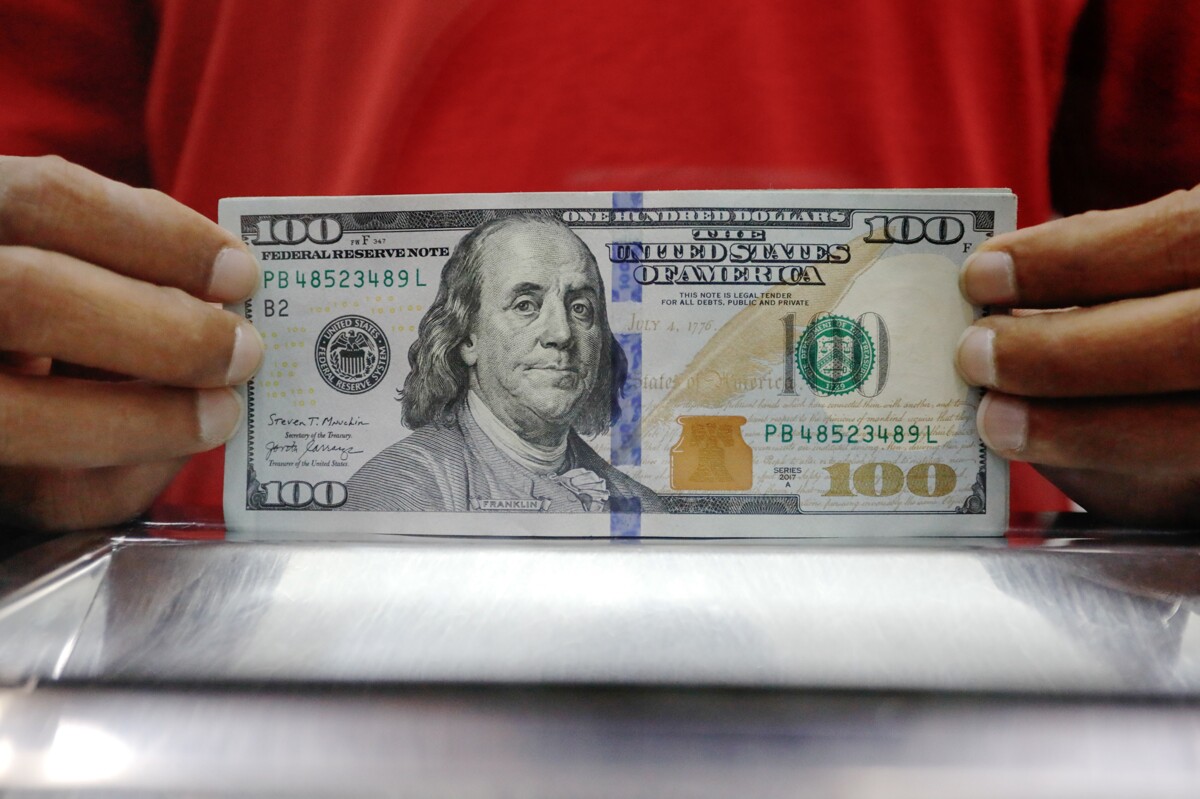
One of the most influential companies in the world financed an extensive study on Universal Basic Income (UBI) due to concerns about the future of employment in the face of technological advances. The study revealed that beneficiaries did not change their perception of the value of work and its importance in human dignity. Some cities prohibited similar experiments for fear that receiving money without working would encourage laziness.
In 2024, some results of the study were published and more are expected this year. Despite mixed results, some see it as a vindication of social justice, while critics consider it a populist and unrealistic measure due to budgetary constraints. Advocates suggest that social programs should favor workers or those actively seeking employment.
The UBI aims to guarantee a minimum income to cover basic needs, something discussed since the 1960s. An experiment conducted between 2020 and 2023 provided a thousand people with a thousand dollars monthly, while a control group received only fifty. Beneficiaries increased their spending on health and contributed more to the community, although they did not change their political preferences.
The study also showed a decrease in hours worked by beneficiaries, a reduction in employment, and a fall in family incomes. Reductions in the use of alcohol and over-the-counter painkillers were positive aspects, especially among women and minorities. These findings generate debates about how UBI could impact work ethics and social policies.














